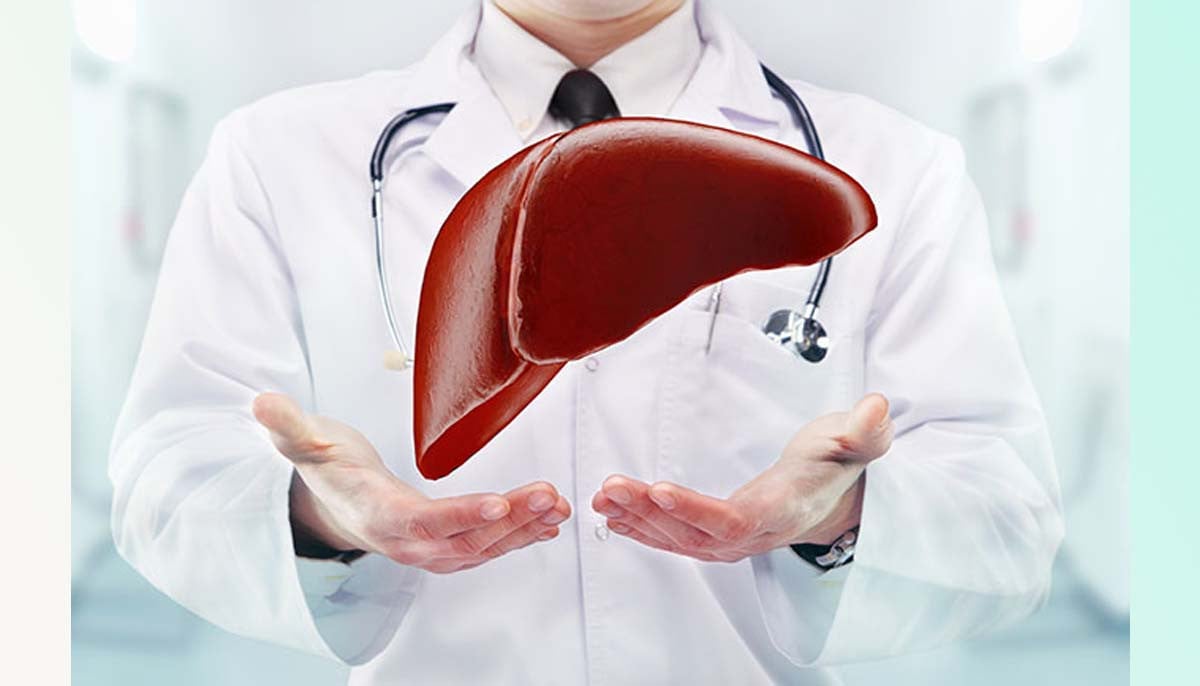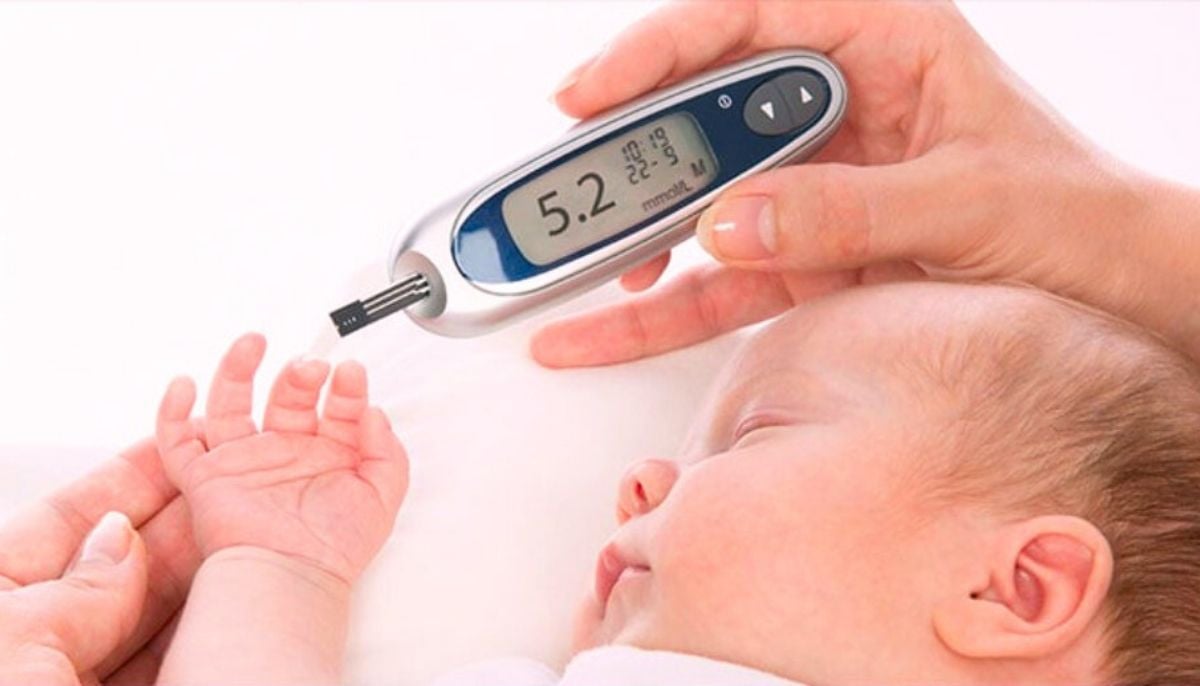Australian researchers have discovered that women are genetically more susceptible to clinical depression than men, according to a study published on Wednesday that could influence future approaches of treatment.
Announced as one of the largest studies ever of its kind, searched scientists the DNA of nearly 200,000 people with depression to locate shared genetic ‘flags’.
According to the project led by the Australian Berghofer Medical Research Institute, women had almost twice as much of these genetic markers related to depression as men.
“The genetic component of depression is greater in women than in men,” says researcher Jodi Thomas.
“Unraveling the shared and unique genetic factors in men and women gives us a clearer picture of what causes depression – and opens the door to more personalized treatments.”
It has long been known that depression occurs more often in women, but the biological causes remain a mystery.
About 13,000 genetic markers were related to depression in women, the researchers discovered, compared to 7,000 markers in men.
Some of these genetic changes can change the biological routes related to metabolism or hormone production.
“We have found some genetic differences that can help explain why women with depression often experience metabolic symptoms, such as weight changes or changed energy levels,” said Thomas.
Researcher Brittany Mitchell said that the findings could lead to changes in the way depression is treated in women.
“Until now, not much consistent research has been done to explain why depression affects women and men differently, including the possible role of genetics,” she said.
“More and more stories are coming out about how many of the medicines that are currently being developed – and the research that we have known so far – are mainly aimed at men or male participants.”
Clinical depression, or depressive disorder, is one of the most common psychological disorders in the world.
According to the World Health Organization, more than 300 million people around the world suffer from depression.
The study was published in the Peer-Reviewed magazine Nature Communications.






